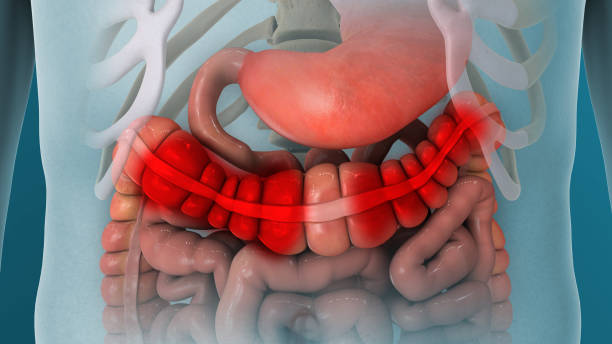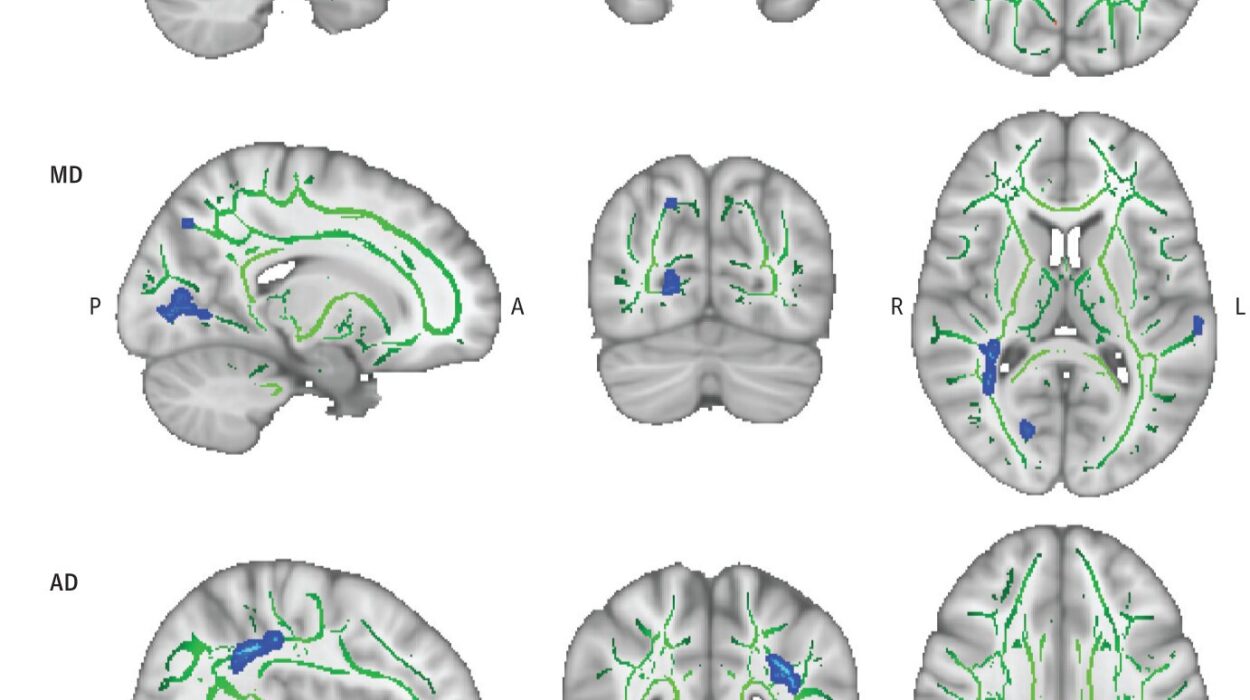It seems like everyone these days has an opinion about gluten. From social media influencers to diet gurus, from supermarket shelves to celebrity interviews, gluten has become a buzzword in modern nutrition. Some people swear off gluten and say they feel lighter, more energetic, and less bloated. Others roll their eyes at what they consider a dietary fad. But beneath the noise and controversy lies a deeper, medically significant issue: gluten and its impact on digestive health.
Is gluten really the villain it’s made out to be? Does everyone need to avoid it, or is the gluten-free trend just another chapter in the long book of diet crazes? The truth is both more complex and more fascinating than most headlines suggest.
To understand gluten’s role in digestive health, we need to journey into the science of digestion, genetics, food processing, and immune responses. This article explores what gluten is, how it affects the digestive system, who truly needs to avoid it, and why going gluten-free isn’t automatically healthy.
What Is Gluten?
Let’s start with the basics. Gluten is not a single protein but a group of proteins found in wheat, barley, and rye. The two main proteins in gluten are gliadin and glutenin. These proteins are responsible for the elasticity and chewiness in bread dough. When you knead bread, gluten forms a network that traps air bubbles, giving bread its texture.
In its natural form, gluten isn’t inherently harmful to most people. Humans have been consuming wheat for thousands of years. But not all wheat is the same, and not all digestive systems respond to gluten the same way. That’s where things get interesting—and complicated.
Celiac Disease: The True Gluten Enemy
For people with celiac disease, gluten is not just an irritant—it’s a trigger for an autoimmune attack. Celiac disease is a serious, genetically-linked condition in which gluten causes the immune system to attack the small intestine. The result is inflammation, damage to the intestinal lining, and a host of unpleasant symptoms.
Common symptoms of celiac disease include:
- Chronic diarrhea or constipation
- Abdominal pain
- Bloating and gas
- Weight loss
- Nutrient deficiencies
- Fatigue
- Skin rashes
- Depression or irritability
What makes celiac disease dangerous is that it’s often silent. Some people have no digestive symptoms at all but still suffer intestinal damage and long-term health risks like osteoporosis, infertility, and increased cancer risk. Blood tests and intestinal biopsies are typically used to diagnose it.
For people with celiac disease, even trace amounts of gluten—like crumbs from a toaster—can cause harm. For them, going gluten-free is not optional. It’s a lifelong medical necessity.
Non-Celiac Gluten Sensitivity: The Grey Zone
But what about the millions who report feeling better when they cut out gluten—yet don’t have celiac disease? This group falls into what is called non-celiac gluten sensitivity (NCGS). Unlike celiac disease, NCGS does not involve an autoimmune response or damage to the intestines. But it does involve real symptoms.
People with NCGS may experience:
- Abdominal pain or bloating
- Brain fog
- Fatigue
- Headaches
- Joint pain
- Mood swings
The tricky part is that there’s no definitive test for NCGS. Diagnosis is typically made by ruling out celiac disease and wheat allergy, followed by observing symptom improvement on a gluten-free diet.
What causes NCGS isn’t fully understood. It may not even be gluten itself that triggers symptoms. Some researchers believe that fermentable carbohydrates in wheat—known as FODMAPs—may be the real culprits. These sugars are poorly absorbed and ferment in the gut, causing gas and bloating.
In other words, gluten may be guilty by association.
Wheat Allergy: A Different Immune Reaction
Another gluten-related condition is wheat allergy. This is not the same as celiac disease or gluten sensitivity. Wheat allergy involves a classic allergic reaction—an immediate immune response involving histamines. Symptoms may include hives, swelling, difficulty breathing, and in severe cases, anaphylaxis.
Wheat allergy is more common in children than adults and is diagnosed with allergy testing. People with wheat allergy need to avoid wheat—but not necessarily barley or rye.
It’s important to distinguish between celiac disease, NCGS, and wheat allergy, because the treatment and implications are different. Unfortunately, many people lump them together under the term “gluten intolerance,” which can cause confusion.
Gluten and the Gut: What’s Really Going On?
To understand how gluten affects digestion, we need to zoom in on the gut lining.
The small intestine is lined with tiny finger-like projections called villi, which absorb nutrients from food. In celiac disease, gluten causes the immune system to destroy these villi, leading to malabsorption. Over time, this can result in anemia, vitamin deficiencies, and other complications.
But even in people without celiac disease, gluten may cause transient permeability in the gut lining—a condition popularly known as “leaky gut.” The protein gliadin has been shown to trigger the release of a molecule called zonulin, which regulates the tight junctions between intestinal cells.
When zonulin levels rise, those tight junctions loosen, potentially allowing larger molecules to pass into the bloodstream. This may trigger inflammation or immune responses in sensitive individuals.
The leaky gut theory is still controversial, but it has gained traction in studies related to autoimmune diseases, food sensitivities, and inflammatory bowel conditions. Gluten may not be the sole cause of leaky gut, but in some people, it might play a role.
The Modern Wheat Dilemma
It’s worth noting that wheat today is not the same as wheat from our ancestors’ fields. Over the last century, wheat has been selectively bred for yield and resistance, resulting in varieties that may have higher levels of certain gluten proteins.
In addition, modern food processing techniques have changed how we consume wheat. In traditional sourdough bread, long fermentation breaks down some gluten and FODMAPs, making the bread easier to digest. But mass-produced bread is rushed through chemical leavening, leaving more intact gluten and additives.
Some researchers suggest that these changes may partly explain the rise in gluten sensitivity. In short, it’s not just what we eat, but how it’s processed that matters.
The Gluten-Free Boom: Health Trend or Hype?
Gluten-free eating has exploded in popularity. Supermarket shelves now overflow with gluten-free breads, pastas, cookies, and even beer. Celebrities endorse gluten-free living, and many people adopt the diet in hopes of losing weight, gaining energy, or improving skin.
But here’s the catch: gluten-free does not equal healthy.
Many gluten-free processed foods are high in sugar, fat, and refined starches. They often have lower fiber and protein than their gluten-containing counterparts. Relying on these products can lead to nutritional deficiencies, blood sugar spikes, and weight gain.
Going gluten-free should be about whole, naturally gluten-free foods like fruits, vegetables, legumes, nuts, seeds, and gluten-free whole grains like quinoa, brown rice, and millet. That’s where the real health benefits come in—not from gluten-free cookies.
Nutritional Consequences of Going Gluten-Free
Eliminating gluten-containing grains also removes some key sources of fiber, B vitamins, and iron. Without careful planning, a gluten-free diet can become nutritionally imbalanced.
For example, whole wheat is rich in:
- Fiber (important for digestion)
- Folate (essential for cell growth)
- Thiamine, riboflavin, niacin (B vitamins)
- Selenium and zinc (immune function)
People who eliminate these grains may need to find alternative sources or take supplements. It’s especially important for children, pregnant women, and individuals with other medical conditions.
That’s why anyone considering a long-term gluten-free diet—especially without a medical diagnosis—should consult a registered dietitian.
Digestive Disorders and Gluten: IBS, IBD, and More
Many people with Irritable Bowel Syndrome (IBS) report improvement on a gluten-free diet. However, as mentioned earlier, this may be due to reduced FODMAPs rather than gluten per se. Still, for some, gluten appears to worsen bloating, gas, and bowel irregularities.
In Inflammatory Bowel Disease (IBD), which includes Crohn’s disease and ulcerative colitis, the evidence is mixed. Some patients report symptom relief when avoiding gluten, while others see no change. More research is needed.
Gluten has also been investigated in the context of other conditions like:
- Autism spectrum disorders
- Schizophrenia
- Autoimmune thyroid disease
- Chronic fatigue syndrome
In these areas, the evidence is preliminary. Some individuals may benefit from gluten avoidance, but it’s not a universal remedy.
The Psychological Side of Gluten-Free Living
There’s another layer to this story: the psychological impact of dietary restriction. For people with celiac disease, strict avoidance is non-negotiable. But for others, obsessive avoidance can lead to orthorexia—an unhealthy fixation on “clean” or “pure” eating.
The fear of gluten may become disproportionate, leading to anxiety around food and social isolation. It’s important to approach dietary changes with balance and flexibility, not fear.
Social pressures, misinformation, and “wellness culture” can distort perceptions of what’s truly necessary for health. The goal should be nourishment, not restriction for its own sake.
So Who Should Avoid Gluten?
Here’s a breakdown:
- Celiac Disease: Absolutely avoid gluten—lifelong and strict.
- Wheat Allergy: Avoid wheat (but possibly tolerate barley or rye).
- Non-Celiac Gluten Sensitivity: Consider a gluten-free trial under supervision.
- Irritable Bowel Syndrome: Low FODMAP diet may help more than gluten avoidance.
- General Population: No need to avoid gluten unless you experience symptoms.
Gluten is not inherently toxic or evil. For the vast majority of people, it’s a harmless part of a balanced diet. But for a growing subset, gluten does pose real challenges—either medically or functionally.
Conclusion: Understanding Gluten with Nuance
The truth about gluten and digestive health isn’t black and white. It’s layered with science, personal experience, evolving research, and cultural trends. Gluten is a problem for some, a non-issue for most, and a confusing subject for many.
What matters most is not following the latest trend, but listening to your body, seeking accurate diagnosis, and making informed choices. A healthy diet isn’t just about what you remove—it’s about what you include, how you eat, and how you feel.
Whether gluten stays on your plate or not, the ultimate goal is the same: a digestive system that runs smoothly, a body that feels nourished, and a mind that’s at peace with food.






